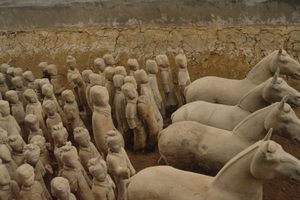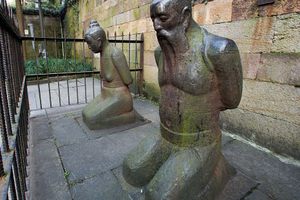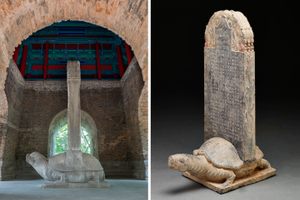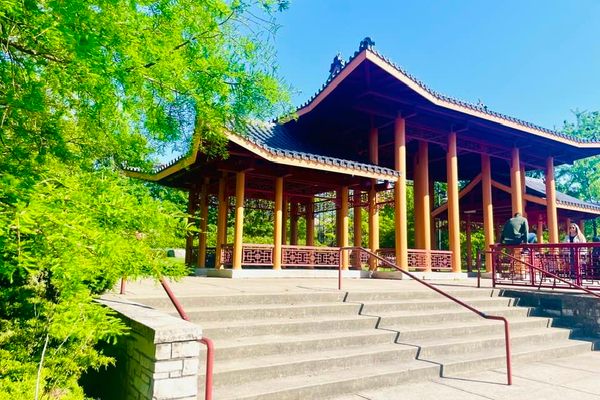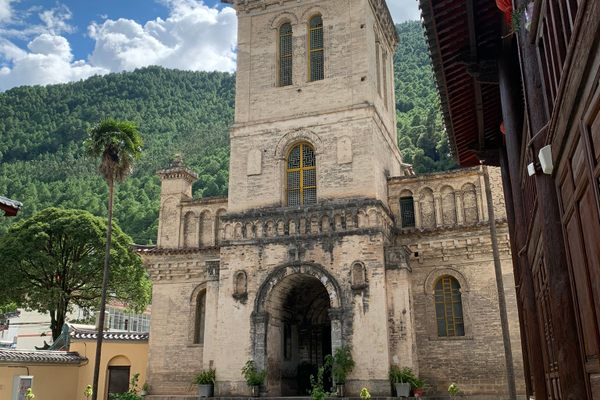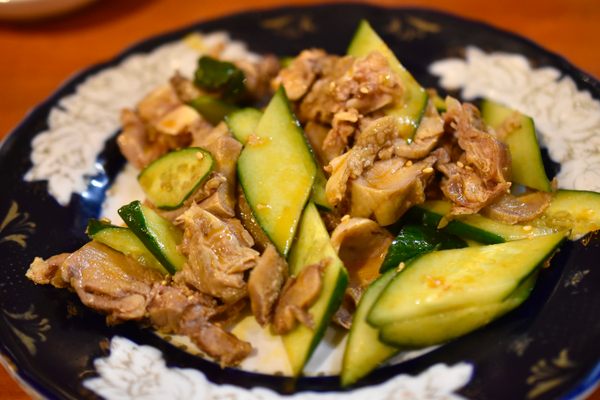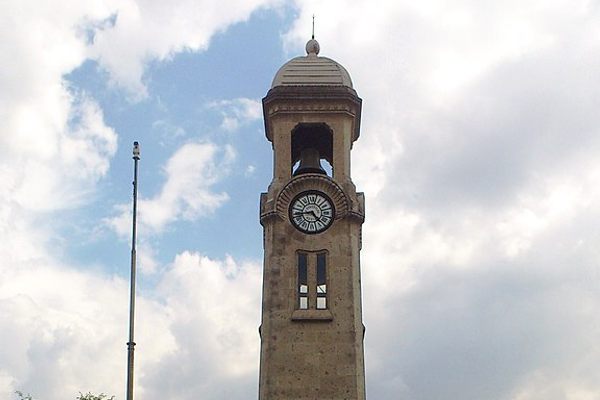About
Qufu is well off the beaten international tourist track, and most visitors are domestic Chinese tourists. They come to see the ancestral home and the tomb of Kong Qiu, better known to us as Confucius.
The Kong family temple complex and cemetery is a perfect antidote to the stress and tumult of modern urban China. The complex is a quiet, peaceful place of ancient pine and cypress trees, thousands of tumbled gravestones, and finely-detailed classical Chinese architecture that glows warm brick red in the slanting late autumn sunlight. Confucius' tomb is a surprisingly modest one, nestled amongst the thousands of his descendants.
Shortly after his death in 479 BC, Confucius' small family home was consecrated as a shrine to his memory. Throughout subsequent generations, as his philosophy became the primary ideology throughout China, his descendants expanded the family compound and were buried in its vicinity.
At its peak in the 16th century, the mansion was made up of 170 buildings with 560 rooms, but only 152 buildings with 480 rooms survive. Over 100,000 Kong family descendants are buried in the family cemetery, which also features hundreds of varieties of trees planted by generations of pilgrims.
Although few people specifically identify themselves as Confucian, the tenets of Confucianism permeate the cultures of many Asian countries and complement philosophies as wide-ranging as Christianity, Buddhism, Islam, and even Marxism. The philosophy is humanistic and non-theistic and provides an underpinning to the way adherents act as members of their family and society.
Related Tags
Know Before You Go
Qufu is home to three separate but related sites: the Kong family mansion, the Kong temple complex, and the Kong family cemetery. The temple and mansion are located adjacent to each other, while the cemetery lies about a kilometer to the north.
Community Contributors
Added By
Published
October 22, 2018









